Table of Contents
- Introduction: The Science Behind Your Favorite Condiment
- Ketchup Ingredients Demystified
- The Flavor Architecture: How Spices Create Perfect Balance
- Craft Your Signature Blend: Homemade Ketchup Guide
- Global Flavor Innovations: Cultural Twists on Ketchup
- Frequently Asked Questions
- Conclusion: Mastering Condiment Chemistry
Introduction: The Science Behind Your Favorite Condiment
For food enthusiasts and home chefs seeking to elevate everyday meals, understanding ketchup's composition unlocks culinary creativity. This guide dissects the precise formulation that makes ketchup universally appealing – moving beyond basic tomato sauce to reveal the intentional chemistry behind its balanced profile. Discover why this pantry staple works magic with fries, burgers, and beyond.
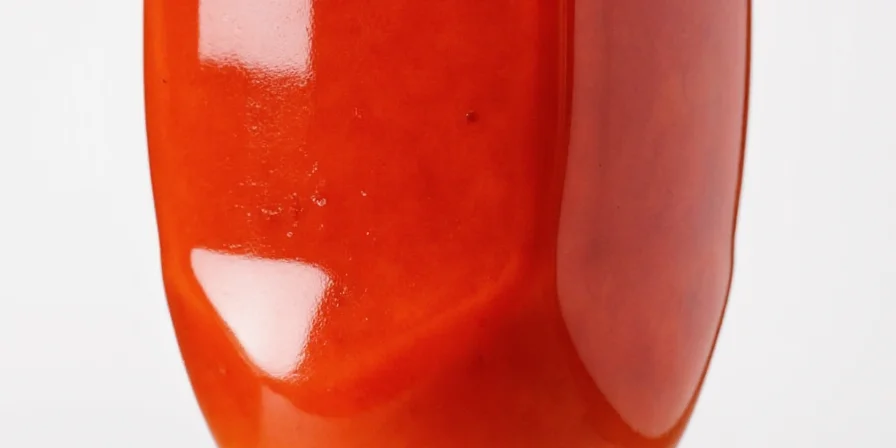
While commonly perceived as simple tomato-vinegar-sugar mixture, commercial ketchup relies on scientifically calibrated ratios. We'll analyze each component's functional role and provide actionable customization techniques – transforming you from passive consumer to informed creator.
Ketchup Ingredients Demystified
Commercial ketchup operates as a precisely engineered system where each ingredient serves multiple purposes. Here's the functional breakdown:
| Ingredient | Primary Function | Industrial Sourcing |
|---|---|---|
| Tomato Concentrate (24-28% solids) | Provides viscosity base and lycopene color stability | Grade B processing tomatoes, optimized for consistency |
| Vinegar (2-3% acetic acid) | pH control (3.8-4.0) for preservation and taste perception | Fermented grain sources, standardized acidity |
| Sweeteners | Counteracts acidity while enabling Maillard reaction during cooking | HFCS for cost efficiency; cane sugar in premium variants |
| Salt | Flavor conductor that amplifies umami and masks bitterness | Refined sodium chloride with anti-caking agents |
| Spice Matrix | Creates flavor complexity through synergistic interaction | Standardized blends for batch consistency |
| Stabilizers | Maintains suspension and prevents separation | Xanthan gum (0.1-0.3%) |
Tomato Concentrate: The Structural Foundation
Contrary to popular belief, no commercial ketchup uses fresh mashed tomatoes. Instead, industrially processed concentrate ensures consistent color, texture, and lycopene stability. The 24-28% solids concentration creates optimal viscosity – crucial for that signature slow-pour characteristic. Premium brands achieve deeper flavor through extended concentration processes, not fresh tomatoes.
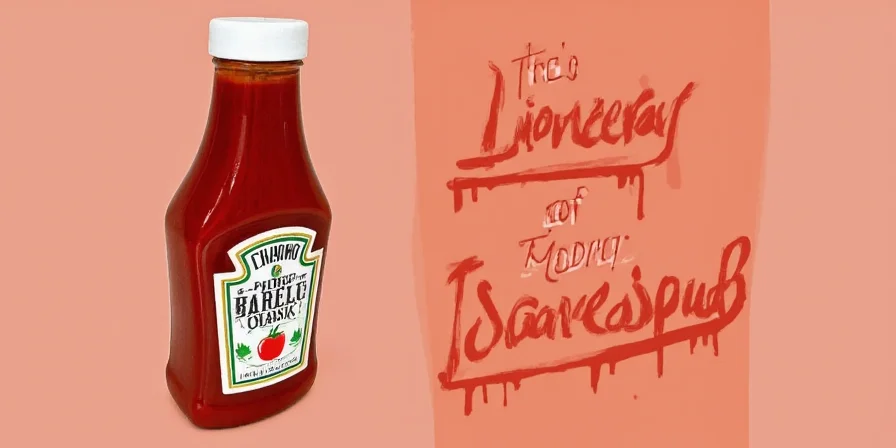
Vinegar: The Precision pH Regulator
Vinegar's role extends beyond tanginess – its acetic acid content precisely controls pH at 3.8-4.0. This critical range: 1) inhibits microbial growth 2) optimizes taste receptor activation 3) stabilizes color compounds. Distilled white vinegar provides neutral acidity without flavor interference, unlike fruit vinegars that would alter the profile.
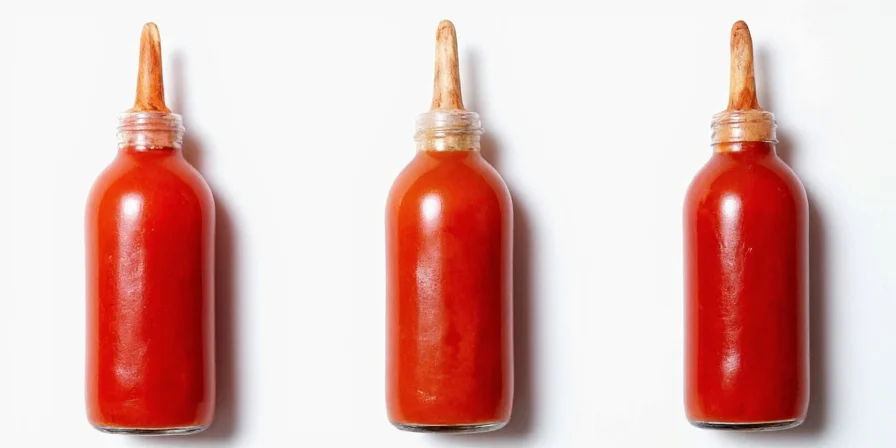
Sweeteners: The Acidity Counterbalance
Sugar isn't merely for sweetness – it chemically counteracts tomato acidity through hydrogen bonding. High-fructose corn syrup (HFCS) dominates commercial production due to its: 1) superior solubility 2) moisture retention 3) lower freezing point. For homemade versions, brown sugar's molasses adds complementary caramel notes that balance tartness more effectively than white sugar.
The Flavor Architecture: How Spices Create Perfect Balance
Commercial ketchup's magic lies in its spice synergy – where individual components combine to create flavors exceeding their sum. Unlike cooking where spices build sequentially, ketchup's spices interact simultaneously through:
- Flavor Layering – Volatile compounds from allspice provide top notes while garlic's sulfur compounds create base notes
- Taste Receptor Targeting – Clove activates TRPV1 receptors (warmth) while onion powder enhances umami perception
- Preservation Enhancement – Spices like allspice contain natural antimicrobials that extend shelf life
Major brands guard their exact ratios as proprietary formulations – Heinz's blend, for example, uses precisely calibrated levels where no single spice dominates. This creates the "mystery flavor" effect that makes ketchup universally appealing across cultures.

Functional Spice Roles
- Allspice (0.05-0.1%) – Provides clove-cinnamon- pepper notes that bridge sweet and savory
- Onion Powder – Creates background umami without textural disruption
- Garlic Powder – Enhances meaty perception in burgers and sausages
- Clove (trace amounts) – Triggers warmth receptors without detectable spiciness
This molecular-level precision explains why amateur attempts often taste "off" – missing the exact ratios that create seamless integration.
Craft Your Signature Blend: Homemade Ketchup Guide
Recreating commercial consistency requires understanding ingredient interactions. This science-backed recipe delivers professional results:
Optimized Homemade Ketchup
- 4 cups strained tomato passata (24% solids)
- 1/4 cup apple cider vinegar (5% acidity)
- 3 tbsp packed brown sugar
- 1 tsp onion powder (not granulated)
- 1/2 tsp garlic powder
- 1/8 tsp ground allspice
- Pinch ground clove (1/16 tsp)
- 1/4 tsp xanthan gum (for stability)
- 1/2 tsp sea salt
- Combine all ingredients except xanthan gum in saucepan
- Simmer uncovered 25 minutes (reduces water content to 28% solids)
- Whisk in xanthan gum; cool to 140°F before blending
- Process through fine-mesh sieve
- Refrigerate minimum 12 hours for flavor integration
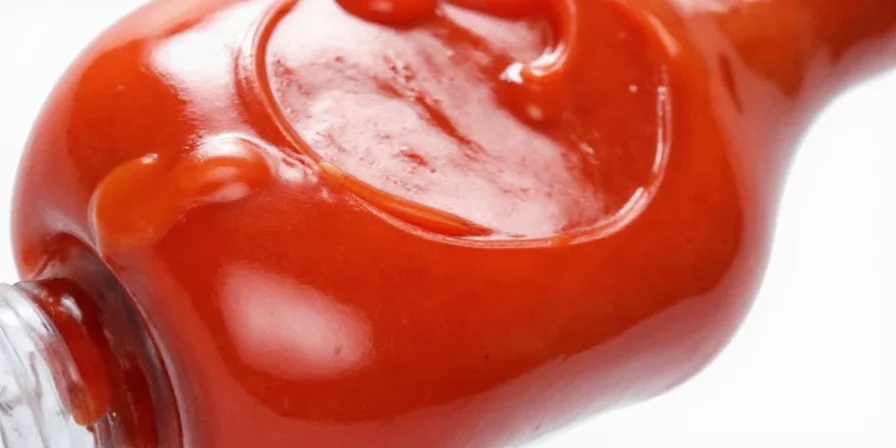
Advanced Customization Framework
- Acidity Adjustment – For tartness: increase vinegar 1 tbsp at a time; for mellowing: add 1/2 tsp baking soda
- Texture Control – Thicker: reduce simmering time; thinner: add tomato water
- Flavor Direction – Smoky: liquid smoke (2 drops); Umami boost: tomato paste (1 tbsp); Brightness: lemon zest (1 tsp)
Global Flavor Innovations: Cultural Twists on Ketchup
Cultural adaptations reveal fascinating ingredient reinterpretations based on local palates:
- Japanese Wasabi Ketchup – Blends horseradish enzymes with ketchup's acidity for delayed heat release
- German Curry Ketchup – Uses curry powder with higher turmeric content (2.5%) creating distinct yellow hue
- Mexican Chipotle Version – Incorporates smoked jalapeño powder where capsaicin binds to vinegar's acetic acid
- Scandinavian Lingonberry Ketchup – Replaces 30% tomatoes with berry puree for tartness balance
- Canadian Maple Ketchup – Uses maple syrup's complex sugars for slower Maillard reaction
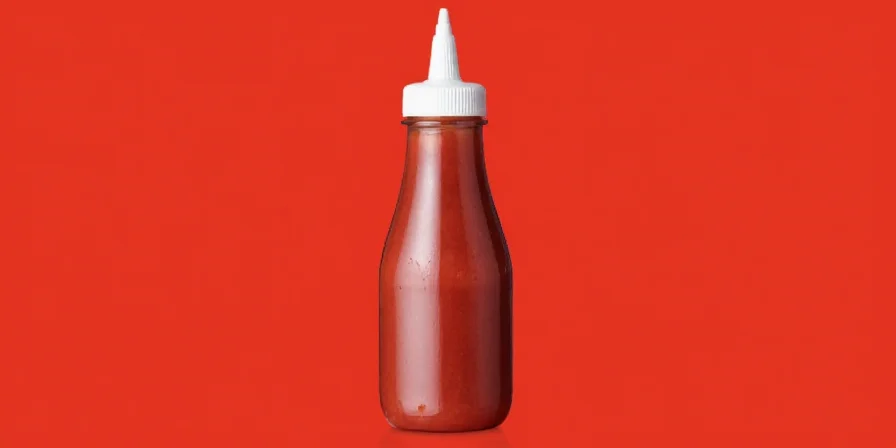
These variations demonstrate how core formulation principles adapt to regional preferences while maintaining ketchup's essential functional properties.
Frequently Asked Questions
Why does commercial ketchup taste different from homemade versions?
Industrial production uses standardized tomato concentrate (24-28% solids) and precise pH control (3.8-4.0) impossible to replicate at home. The extended cooking process develops deeper flavors through controlled Maillard reactions, while stabilizers prevent separation.
How do spices affect ketchup's shelf life?
Spices like allspice and clove contain natural antimicrobials (eugenol) that complement vinegar's preservation. Properly balanced blends extend shelf life by inhibiting mold growth without altering flavor profile.
Can I adjust sweetness without compromising texture?
Yes, but requires compensation: for every 1 tbsp sugar reduced, add 1/2 tsp lemon juice to maintain pH balance. Honey or maple syrup can replace sugar but require 15% reduction due to higher moisture content.
Why does my homemade ketchup separate?
Insufficient stabilizer or improper pH causes pectin breakdown. Solution: add 1/8 tsp xanthan gum while hot and ensure final pH stays between 3.8-4.0 using vinegar adjustments.
What makes ketchup pair perfectly with fried foods?
The 14:1 sugar-to-acid ratio triggers optimal taste receptor activation. Vinegar cuts through oil viscosity while sugar counteracts bitterness from frying, creating a flavor bridge between fat and salt receptors.
Conclusion: Mastering Condiment Chemistry
Ketchup's enduring appeal stems from its scientifically engineered balance – where tomato solids, acidity, sweetness, and spice matrix interact at molecular level. Understanding these functional relationships transforms condiment creation from guesswork to precise craft. Whether modifying commercial products or crafting from scratch, focus on ratio precision rather than ingredient substitution. This knowledge empowers food enthusiasts to engineer sauces matching professional consistency while expressing personal flavor preferences.
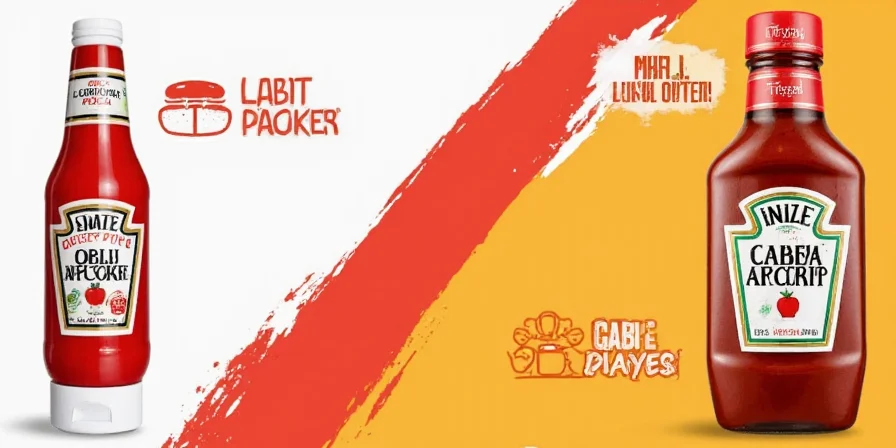

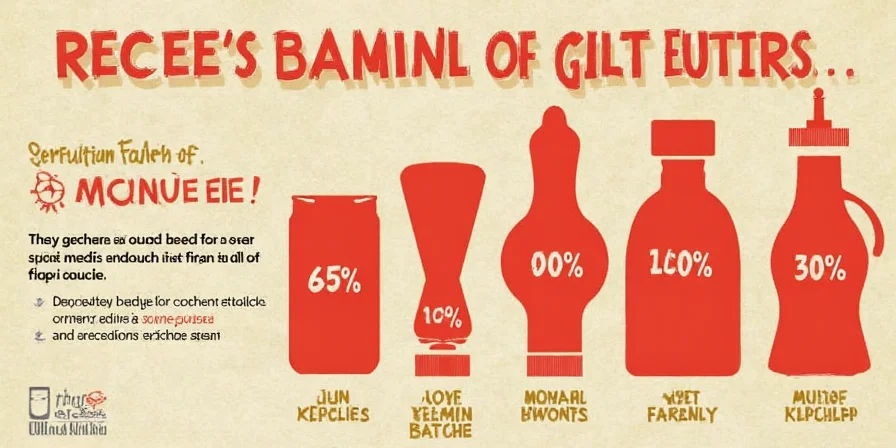









 浙公网安备
33010002000092号
浙公网安备
33010002000092号 浙B2-20120091-4
浙B2-20120091-4